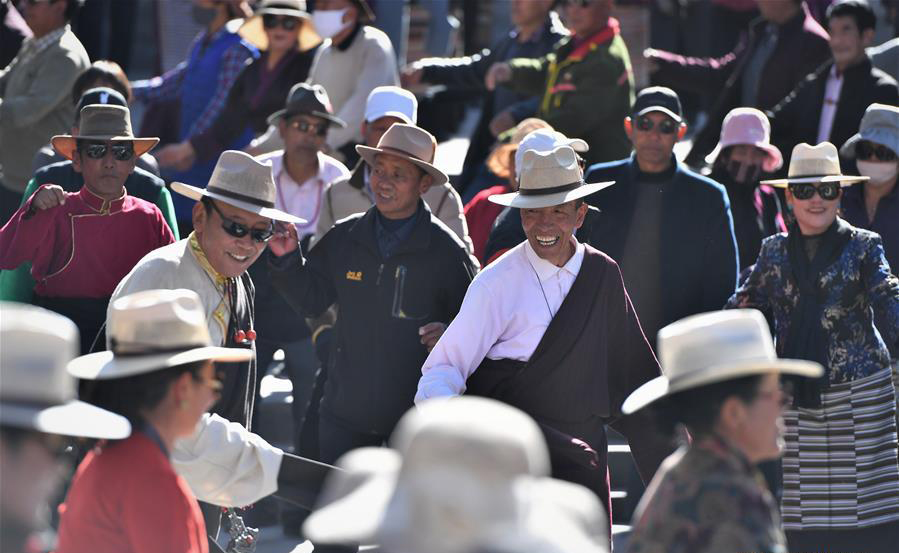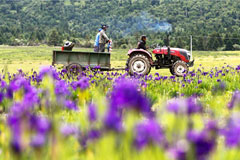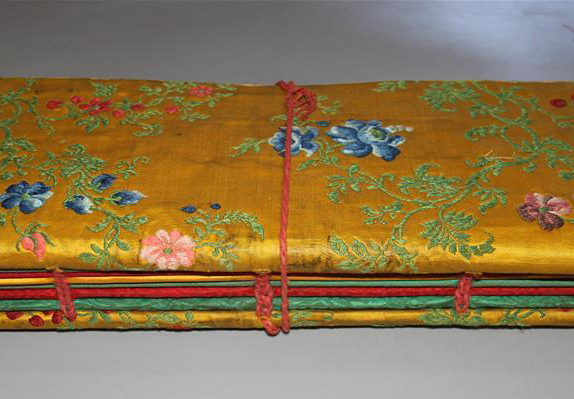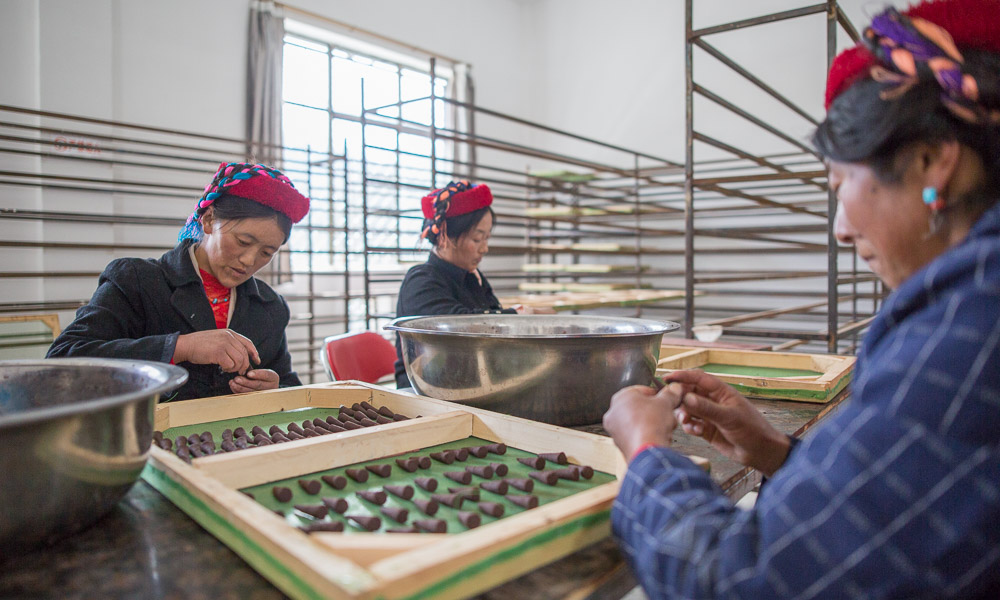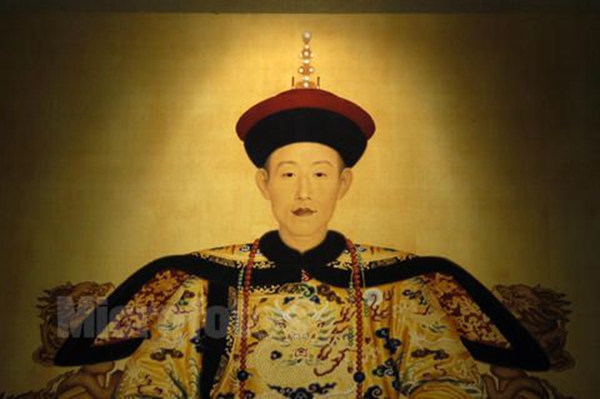Guardian of "the tribe of mystery"
Many people think 30 is still an early age to achieve one's goals. Tashi Gyaltsen, who just turned 30, is working to make every minute count.
As a newly-elected deputy to the 13th National People's Congress (NPC), Tashi Gyaltsen values being Lhoba, an ethnic group in southeast Tibet, one of the smallest among China's 56 ethnic groups in terms of population.
Till the middle of last century, Lhoba people still lived in the woods, relying on bows and arrows. As few knew their existence in the wildest nature, they were dubbed "the tribe of mystery."
"The traditional culture of Lhoba is an inalienable part of Chinese culture. As an NPC deputy, it's my responsibility to promote my culture," he said.
Though with a small population, Lhoba has nevertheless developed its own culture such as clothing and language over a very long time.
The raw materials for traditional Lhoba clothing have become increasingly difficult to find, and younger generations are reluctant to learn how to make them, according to Tashi Gyaltsen.
"Traditional skills that have been orally passed down face the risk of disappearing as later generations are not as interested as before," said the lawmaker.
In Tibet, the people of all ethnic groups directly elect deputies to the people's congresses at the county (district), township and town levels in accordance with the law; these deputies elect the deputies to the National People's Congress (NPC) and the people's congress of the autonomous region. The Monba and the Lhoba ethnic groups who have a small share in Tibet's population also have deputies to the NPC and the people's congresses at all levels in Tibet.
Before Tashi Gyaltsen came to Beijing for the annual legislative session, he visited Namyi Lhoba Ethnic Township in Nyingchi, and consulted with Dawa, the intangible cultural heritage inheritor of Lhoba clothing.
"How would you gauge young people's willingness to learn traditional clothing making?" "How difficult is it to find materials to make traditional clothes nowadays?" "What do you suggest for a better inheritance of the Lhoba culture?" Tashi Gyaltsen asked these questions, and soon, his notes filled several pages.
Tashi Gyaltsen has visited the remote township three times since he was elected an NPC deputy a year ago, trying to understand the current situation of the Lhoba culture and find the way to protect it.
In the meantime, he took every opportunity he could to consult with experts, scholars and search through documents.
"Lhoba elders used to tell me about our culture, but it was difficult to remember everything. Now I have a more systemic understanding of my culture," he said. "Many of my ideas are still in the early stages, and I will continue my research and make more constructive suggestions to the NPC," he said.
He said an NPC deputy's primary task is to represent the masses and voice their aspirations.
In his written suggestion to the Congress, he called for more funding and attention from the governments at central and local levels to promote the Lhoba language and Lhoba clothing skills, and strengthen publicity of the culture. More importantly, "let more young Lhoba people feel a sense of belonging and pride towards their own culture."
"I have made plans to further my research. I still have so much to learn before I can call myself a qualified deputy," he said.
Tibet Stories
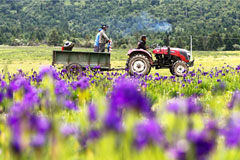
From serf's son to political advisor
Political advisor Thubten Khedrup is confident about his proposals to be submitted on the on...
